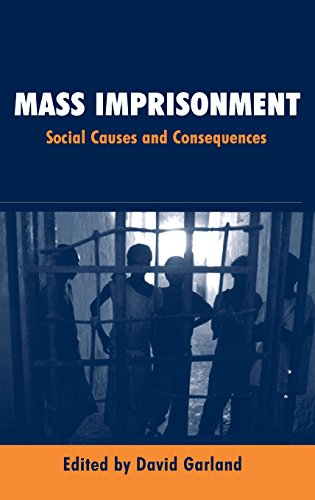Mass Imprisonment
no information available
"The quite extraordinary phenomenon of mass imprisonment in the USA needs, above all, to be identified. David Garland and his excellent range of criminological contributors go well beyond this by showing how to start thinking (and arguing) about what these unprecedented statistics might mean for all modern societies" - Professor Stan Cohen, Department of Sociology, London School of Economics and Political Science, U.K. This major new volume of papers by leading criminologists, sociologists and historians, sets out what is known about the political and penological causes of the phenomenon of mass imprisonment. Mass imprisonment, American-style, involves the penal segregation of large numbers of the poor and minorities. Imprisonment has become a central institution for the social control of the urban poor. Other countries are now looking to the USA to see what should be learned from this massive and controversial social experiment. This book describes mass imprisonment's impact upon crime, upon the minority communities most affected, upon social policy and, more broadly upon national culture. This is a book that all penologists and policy makers should read. ... Read more Read less











